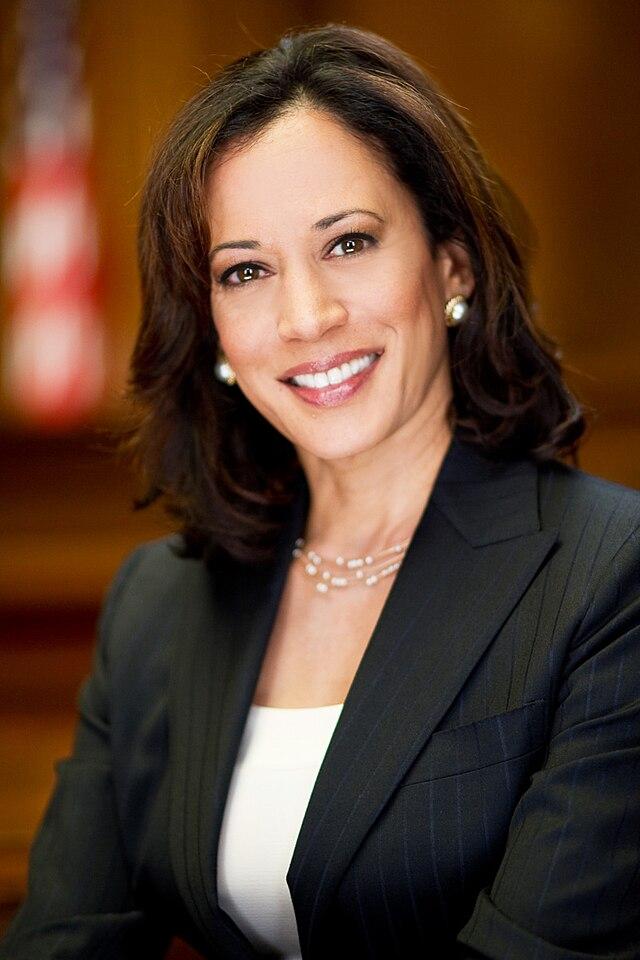Reevaluating Kamala HarrisŌĆÖs Prosecutorial Legacy and Its Influence on Her Political Path
Reassessing Kamala HarrisŌĆÖs Record as CaliforniaŌĆÖs Chief Prosecutor During the 2020 Campaign
Kamala HarrisŌĆÖs period serving as CaliforniaŌĆÖs district attorney and subsequently as attorney general attracted considerable examination throughout her 2020 presidential campaign. Observers noted a tension between her progressive campaign messaging and the realities of her prosecutorial decisions. Critics highlighted her policies on minor drug offenses, truancy enforcement, and the delayed resolution of wrongful conviction cases, arguing these disproportionately affected marginalized communities. Conversely, supporters point to her attempts to introduce reforms within a traditionally stringent criminal justice system, including efforts to lower recidivism rates and enhance transparency in legal oversight.
Prominent critiques centered on:
- Her reluctance to fully endorse police defunding initiatives despite campaign rhetoric
- Charging practices that resulted in severe penalties for nonviolent crimes
- Prolonged settlements in cases involving wrongful convictions
| Focus Area | 2020 Campaign Lens | Contemporary Viewpoint |
|---|---|---|
| Criminal Justice Reform | Perceived as cautious toward sweeping reforms | Advocates a balanced, nuanced reform agenda |
| Community Engagement | Distrust from activists and minority groups | Ongoing initiatives to foster dialogue and rebuild trust |
| Policy Impact | Critics cite inconsistent record | Seen as pragmatic, balancing reform with public safety |
How HarrisŌĆÖs Criminal Justice History Shapes Voter Opinions and Electoral Support
The legacy of Kamala HarrisŌĆÖs prosecutorial career continues to influence her national political image, significantly affecting voter attitudes. Detractors argue that her aggressive prosecution of minor offenses and resistance to early bail reform alienated progressive constituencies and communities of color, who viewed these policies as punitive and unjust. Supporters contend that her approach was a practical response to rising crime rates, emphasizing law and order. This divide in public opinion remains a critical element in assessing her appeal, particularly among swing voters who seek both reform and safety.
Factors influencing voter sentiment include:
- Contrast between campaign promises and prosecutorial actions: Voters critically assess the gap between HarrisŌĆÖs progressive platform and her past decisions.
- Effect on minority populations: Persistent wariness among Black and Latino voters regarding her incarceration policies and police oversight.
- Media narratives and opposition critiques: Coverage framing her record shapes public discourse and voter indecision.
| Demographic Group | View of HarrisŌĆÖs Record | Impact on Support |
|---|---|---|
| Progressive Democrats | Mixed feelings with some skepticism | Moderate decline in enthusiasm |
| Black Voters | Strong concerns about past policies | Notable decrease in support |
| Suburban Swing Voters | Generally favorable, valuing safety | Potential increase in backing |
Evolution of Campaign Tactics: Addressing Past Controversies with a Forward-Looking Approach
In response to critiques of her prosecutorial past, Kamala HarrisŌĆÖs 2024 campaign has adopted a recalibrated strategy that reframes her record within a broader narrative of systemic reform and progress. Rather than solely defending previous prosecutorial choices, the campaign now emphasizes her commitment to addressing structural inequalities and pioneering rehabilitation-focused programs. This refined messaging seeks to engage a more progressive electorate while acknowledging the complexities of her earlier policies.
Notable strategic adjustments include:
- Highlighting reform milestones: such as expanded expungement efforts and diversion initiatives for nonviolent offenders.
- Personalizing policy impacts: sharing testimonials from individuals positively affected by her reforms.
- Proactive engagement with critics: through community forums and targeted digital outreach.
- Advancing comprehensive reform proposals: aligning with contemporary progressive priorities on criminal justice.
| Campaign Focus | 2019-2020 Approach | 2023-2024 Approach |
|---|---|---|
| Prosecutorial Record | Defensive and ambiguous | Transparent and reform-driven |
| Voter Interaction | Limited grassroots engagement | Expanded community outreach |
| Communication Style | Reactive messaging | Proactive and progressive narrative |
| Social Media Use | Minimal emphasis | Strategic storytelling and advocacy |
Expert Insights on Restoring Public Confidence Before the 2024 Election
Following the 2020 campaign, political strategists and community advocates concur that rebuilding trust demands a comprehensive and transparent approach. They recommend that leaders openly acknowledge past criticisms and clearly articulate policy shifts focused on criminal justice reform and community investment. Transparency and accountability are seen as essential to regaining voter confidence.
- Facilitate inclusive community conversations: Engage grassroots supporters and listen to diverse perspectives beyond traditional political circles.
- Promote progressive reforms: Advocate for eliminating cash bail, prioritizing rehabilitation over incarceration, and addressing systemic disparities.
- Utilize data-driven messaging: Present evidence of improvements in public safety and fairness to counter skepticism and reshape narratives.
| Recommended Action | Expected Outcome |
|---|---|
| Transparency Measures | Enhanced voter trust and credibility |
| Focused Criminal Justice Reforms | Expanded and diversified support base |
| Community Engagement Initiatives | Strengthened grassroots alliances |
Conclusion: Navigating the Intersection of Past Record and Future Ambitions
As Kamala Harris pursues a potential second term as vice president, her prosecutorial history remains a defining element of her political identity. While her 2020 presidential campaign contended with critiques rooted in her tenure as CaliforniaŌĆÖs top law enforcement official, the evolving political landscape of 2024 presents opportunities to reshape public opinion. The ability to reconcile her past prosecutorial decisions with the expectations of a diverse national electorate will be crucial in determining her political trajectory moving forward.




